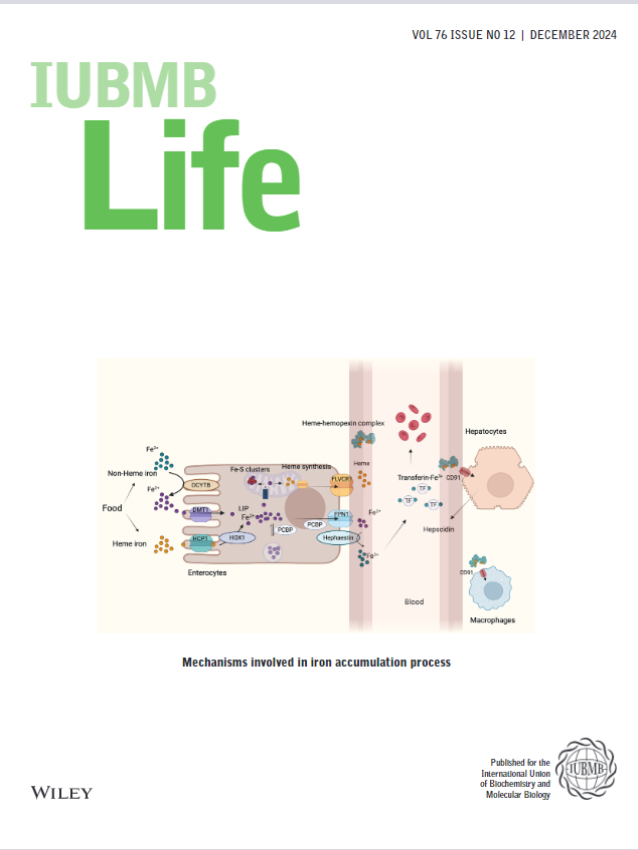Bioinformatics-Based Exploration of LMO4-Regulated Hippo Pathway to Reverse Adriamycin Resistance in Breast Cancer
Abstract
The development of acquired drug resistance in breast cancer (BC) significantly compromises treatment efficacy and patient survival, yet the underlying molecular mechanisms remain completely understood. In this study, we investigated the role of the Hippo signaling pathway and its regulatory factor, LIM Domain Only 4 (LMO4), in the acquired Adriamycin (ADR)-resistant MCF-7 (AdrR) cells. Using a combination of bioinformatics and experimental approaches, we demonstrated that AdrR cells exhibit defective apoptosis upon ADR treatment, characterized by abnormal expression of apoptotic proteins such as BAX and BCL2. RNA sequencing (RNA-seq) and ATAC sequencing (ATAC-seq) revealed significant dysregulation of the Hippo pathway in AdrR cells compared to parental MCF-7 cells, suggesting its involvement in mediating drug resistance. Further experiments showed that small interfering RNA (siRNA)-mediated knockdown of LMO4 (siLMO4) altered the expression of apoptotic proteins and partially restored ADR sensitivity in AdrR cells. Mechanistically, LMO4 was found to modulate the Hippo pathway, as evidenced by changes in the nuclear translocation of YAP and the phosphorylation levels of key Hippo pathway components (MST1/2 and YAP). Inhibition of the Hippo pathway using a Lats kinase inhibitor further confirmed its role in regulating drug resistance. Our findings highlight the critical involvement of the LMO4-Hippo signaling axis in ADR resistance and propose LMO4 as a potential therapeutic target for reversing chemoresistance in BC. This study provides novel insights into the molecular mechanisms of drug resistance and offers a foundation for future research aimed at improving treatment strategies for ADR-resistant breast cancer.




 求助内容:
求助内容: 应助结果提醒方式:
应助结果提醒方式:


